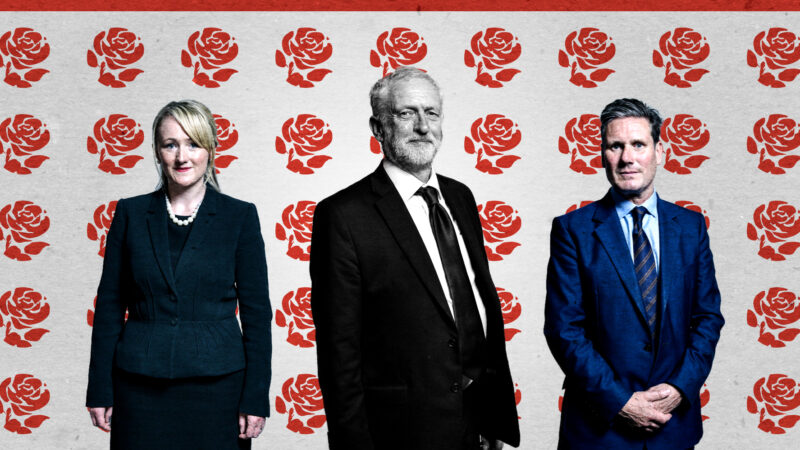
Labour’s ruling body has decided that the party leadership contests will officially begin today and the results will be announced at a special conference on April 4th. Jeremy Corbyn is set to stay on as Labour leader until then. The national executive committee also laid out the all-important details of the timetable, which will see MPs and MEPs able to nominate candidates until Monday. Remember, each of the six will need 10% to get on the ballot paper. Between January 15th and February 14th, local parties and affiliates will make nominations. Every candidate needs 5% of either CLPs or affiliated members including two unions. The selectorate – members, registered supporters, affiliate members – will then vote between February 21st and April 2nd. Check out the full story here.
There were no real surprises in the rules agreed by the NEC, and few accusations of any “stitch up” as a result. Corbynsceptics with an eye for detail did, however, object to candidates only being granted access to membership data once CLP and affiliate nominations had closed. They argue that this will benefit whoever has the support of Momentum thanks to their vast mailing lists and phonebanking resources. The data collected through Starmer’s and Phillips’ websites won’t be able to compete, which means local party endorsements will be easier for the Corbynite frontrunner to secure. The other small controversy is over registered supporters, with the fee set at £25. But this time that high level benefits the left, unlike in 2016, and the whole scheme matters less this time round as new members can join with full voting rights until January 20th.
Now that the contest has properly kicked off, who is running? There are six candidates: Rebecca Long-Bailey, who launched with a Tribune article last night, plus Keir Starmer, Jess Phillips, Lisa Nandy, Emily Thornberry and Clive Lewis. There are unlikely to be any more declarations – after all, the parliamentary party is holding its hustings of leadership candidates tonight. This is crucial for Thornberry and Lewis in particular, who are the most likely to struggle to gain MP/MEP nominations. The need 22 signatures, including their own, to pass this stage. Meanwhile, there are seven deputy leadership runners: Angela Rayner, Dr Rosena Allin-Khan, Dawn Butler, Richard Burgon, Khalid Mahmood, Conor McGinn and Ian Murray. Their PLP hustings will be on Wednesday morning.
The question of which of these contenders will get the support of Momentum, the organisation that grew out of Corbyn’s original leadership campaign, is important. They have huge organisational power. Sabrina Huck has an excellent piece today that explores how the future of Momentum depends on its approach to the leadership races. LabourList understands that the national coordinating group will meet on Saturday to decide on the process by which it will endorse candidates if it chooses to do so – but that a ballot is already being facilitated so that it can be agreed and held quickly.
NCG officers haven’t made the decision yet, but an all-member vote is ready to take place if they agree on that route. It seems risky: this may sound ridiculous, but even Momentum members aren’t as factional as one might assume, and Starmer could do well. But insiders reckon Long-Bailey will be ultimately supported, and would benefit from a democratic process. Her pitch firmly to the left last night will certainly have helped – though her Radio 4 interview this morning could raise eyebrows on the subject of nuclear weapons. Her comments show that while she is often described as the ‘continuity Corbyn’ candidate, the reality is more complicated.
Sign up to LabourList’s morning email for everything Labour, every weekday morning.



More from LabourList
‘Labour is being badly misled on housing’
Reeves bets on patience over populism
‘Energy efficiency changes must work for older private renters’